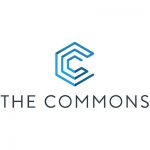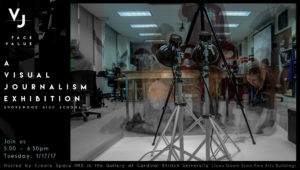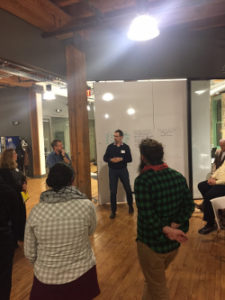How do you engage community partners to create authentic experiences for your students?
Join us on December 15th for a conversation to share ideas and experiences on the effective engagement partners in the wider community. This workshop is an opportunity for you to learn what others are doing, and share what you’ve been working on, have seen working well elsewhere, or would like to try. More importantly, we’ll connect you with others on a similar path and those may be of help along the way.
Among others, you’ll get a chance to talk with:
Jay Flores – Rockwell Automation, Global STEM Ambassador
Focused on further diversifying and strengthening the technical talent pipeline through STEM education and outreach; engaging Rockwell Automation employees through volunteerism in STEM advocacy; and developing continuity in the STEM talent pipeline from high school to post-secondary education to early career.
Tom Hermann & Stacey Duchrow – Union Grove High School
Tom Herman is the principal of Union Grove Union High School and Stacey Duchrow is the Career and Academies Coordinator. Both have created deep relationships with business partners after being charged by the school board to create academies and pathways for students in IT, Healthcare, and Engineering/Manufacturing. Through this process and listening to the needs of the business community, the school culture was changed to shift the focus on increasing student college and career readiness while helping to fill in the skills gap in their community. They have created unique experiences utilizing their 100 business partners such as the Bronco Business and Career Expo, teacher externships, and business partners breakfasts.
Sylvia N. Wilson – MKEGrind
Sylvia N. Wilson, PhD is the CEO and Co-founder of MKEGrind, a youth-focused career development company. She is an adjunct lecturer at the University of Wisconsin-Milwaukee, in the School of Education; regularly teaching courses in leadership, organizational change, non-profit management, adult education theory & practice, and youth-service work. Being rooted in both the community and academia, Sylvia believes that it is her duty to build and to be a bridge between the two; assisting in the creation of critically sound and contextually effective programming practices. Her research includes inquiry of life transformative processes; from which she developed a model for urban African American males who desire to transform out of a life of street violence.
Agenda
5:30 – 6:00 Grab something eat and drink, say hello
6:00 – 8:30 Let’s learn from each other
Food and beverage will be provided. There is no charge for participation but space is limited.
The Workshop will be held at Ward 4, 333 North Plankinton Avenue, Milwaukee, WI. Space provided courtesy of The Commons.


 A great approach drives engagement and high quality work.
A great approach drives engagement and high quality work. A warm thank you to the 20+ folks who braved the cold to join us last Thursday for a rather passionate discussion around engaging with community partners. As always, it is great to see the level of enthusiasm and thought attendees bring to the room and that so many of you were able to make new connections.
A warm thank you to the 20+ folks who braved the cold to join us last Thursday for a rather passionate discussion around engaging with community partners. As always, it is great to see the level of enthusiasm and thought attendees bring to the room and that so many of you were able to make new connections.

